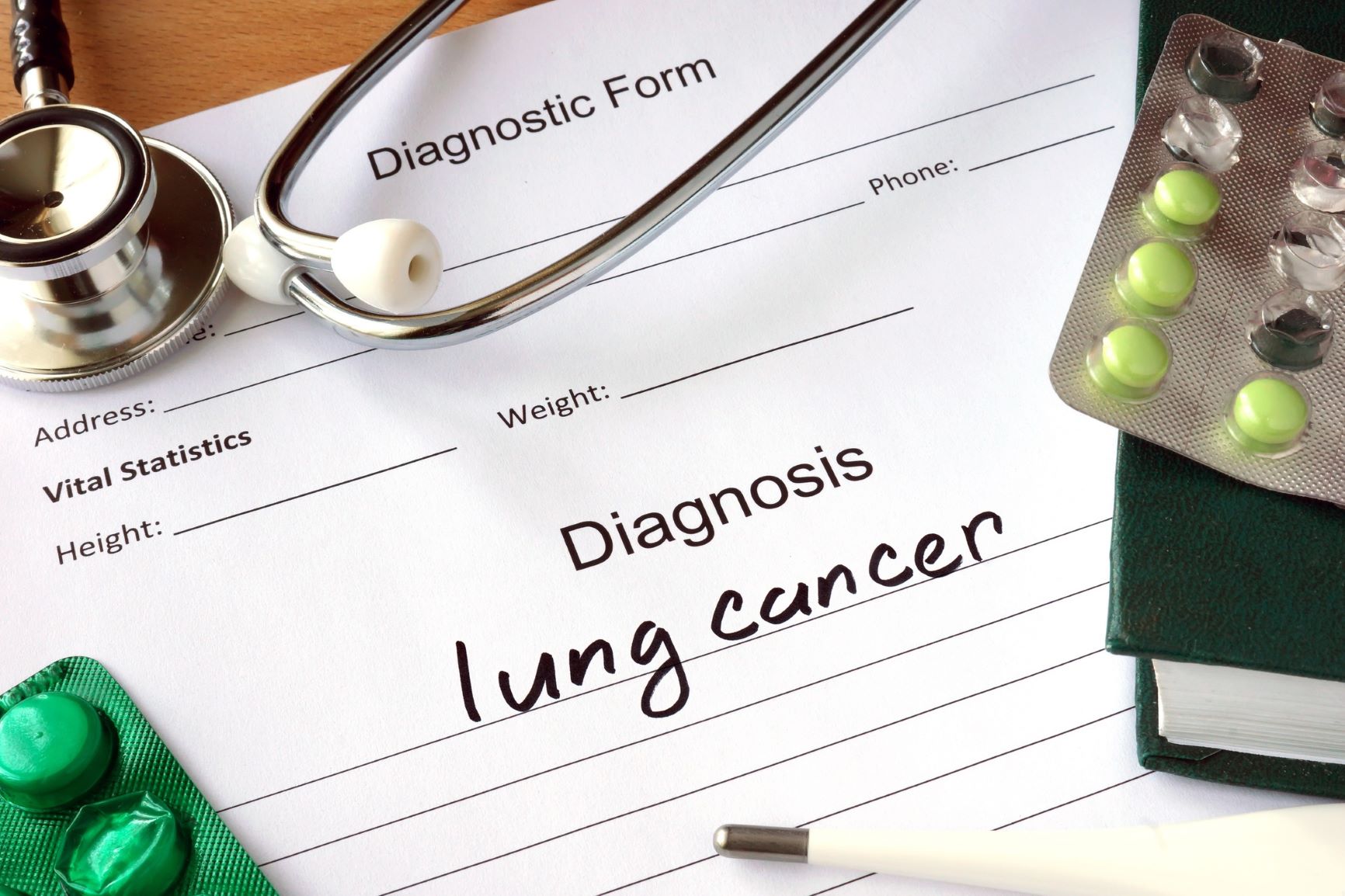At Inspira Health Vineland Medical Center, patients receive compassionate, personalized care and...
Read More
Lung cancer is the second most common type of cancer when you look at the number of new diagnoses each year. When measured by the number of deaths caused each year, it leaps to number one on the list, with an estimated 142,000 Americans losing their lives to lung cancer in 2019 alone.

For a disease that is responsible for the deaths of so many each year, doctors have turned to the best type of treatment that they can offer: prevention. Cigarette smoking is responsible for the majority of lung cancer diagnoses, both in smokers and those who have experienced long-term exposure to secondhand smoke.
But for many smokers, quitting is difficult. Smokers attempting to quit for the first time will likely fail, with roughly 92% of first-time quitters returning to the habit. However, the likelihood of success increases with each additional attempt. According to the Centers for Disease Control and Prevention (CDC), it will take most individuals somewhere between 8 and 11 attempts to quit before they finally kick the habit for good. Also, research shows that research based Quit Programs, like Inspira’s, improve your chances for success.
To prevent lung cancer, the best—and most obvious—way is to never start smoking in the first place. Admittedly, that isn’t an option at all for those already with the habit. There are some other ways, however, to help prevent lung cancer, including:
Radon is a common, naturally occurring radioactive gas that can cause lung cancer. It can be found not only in the environment, but also in your own home, and it’s often hard to detect because it has no smell or taste. Research shows that approximately 1 in 15 houses in America contain high radon levels, and radon exposure leads to roughly 20,000 cases of lung cancer per year. You should get your home periodically screened to measure radon levels.
Being exposed to secondhand smoke is nearly as bad for you as actually smoking cigarettes. To avoid this, ask family members or roommates who smoke to do so outside. If you’re a smoker, be cognizant of other people, especially children and babies who can’t speak up for themselves.
Like many other forms of cancer, there can be a hereditary disposition to lung cancer. If any family members, especially ones in your immediate family, have had lung cancer before, you may be at higher risk. Speak with your doctor to make sure that you are being properly screened for lung cancer.
Like most preventable diseases, living an active and healthy lifestyle puts you on track to lowering your risk factors for lung cancer. Incorporating routine exercise—particularly cardio—is great for improving your lungs’ health and breathing capacity.
Learn about lung cancer screening or the Inspira Quit Center call us at 1-800-INSPIRA or visit us online.

Written by Dr. Charles Shieh, M.D., thoracic surgeon at Inspira’s Cancer Centers and Medical Director of Lung Cancer at Inspira Health

At Inspira Health Vineland Medical Center, patients receive compassionate, personalized care and...
Read More
Understand the significance of self-exams, regular check-ups and professional mammograms in...
Read More
When Rebecca Baker got the card from Inspira reminding her that she had a mammogram appointment...
Read More
The material set forth in this site in no way seeks to diagnose or treat illness or to serve as a substitute for professional medical care. Please speak with your health care provider if you have a health concern or if you are considering adopting any exercise program or dietary guidelines. For permission to reprint any portion of this website or to be removed from a notification list, please contact us at (856) 537-6772